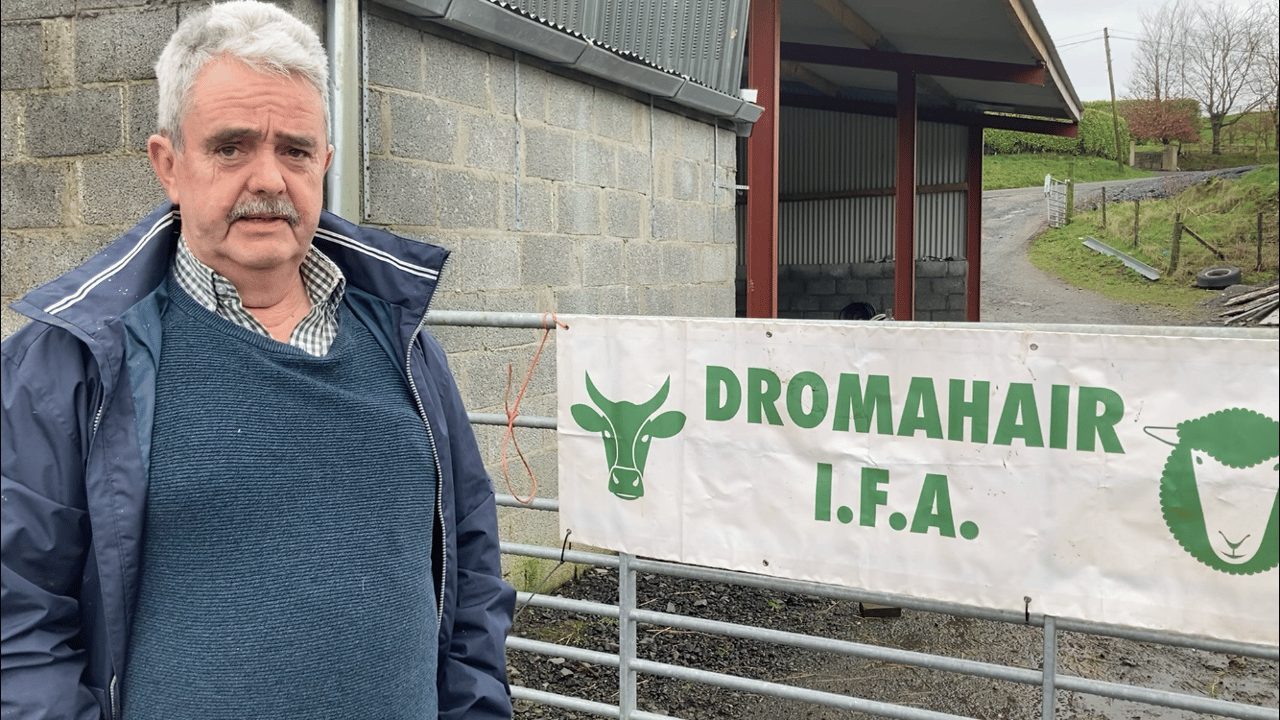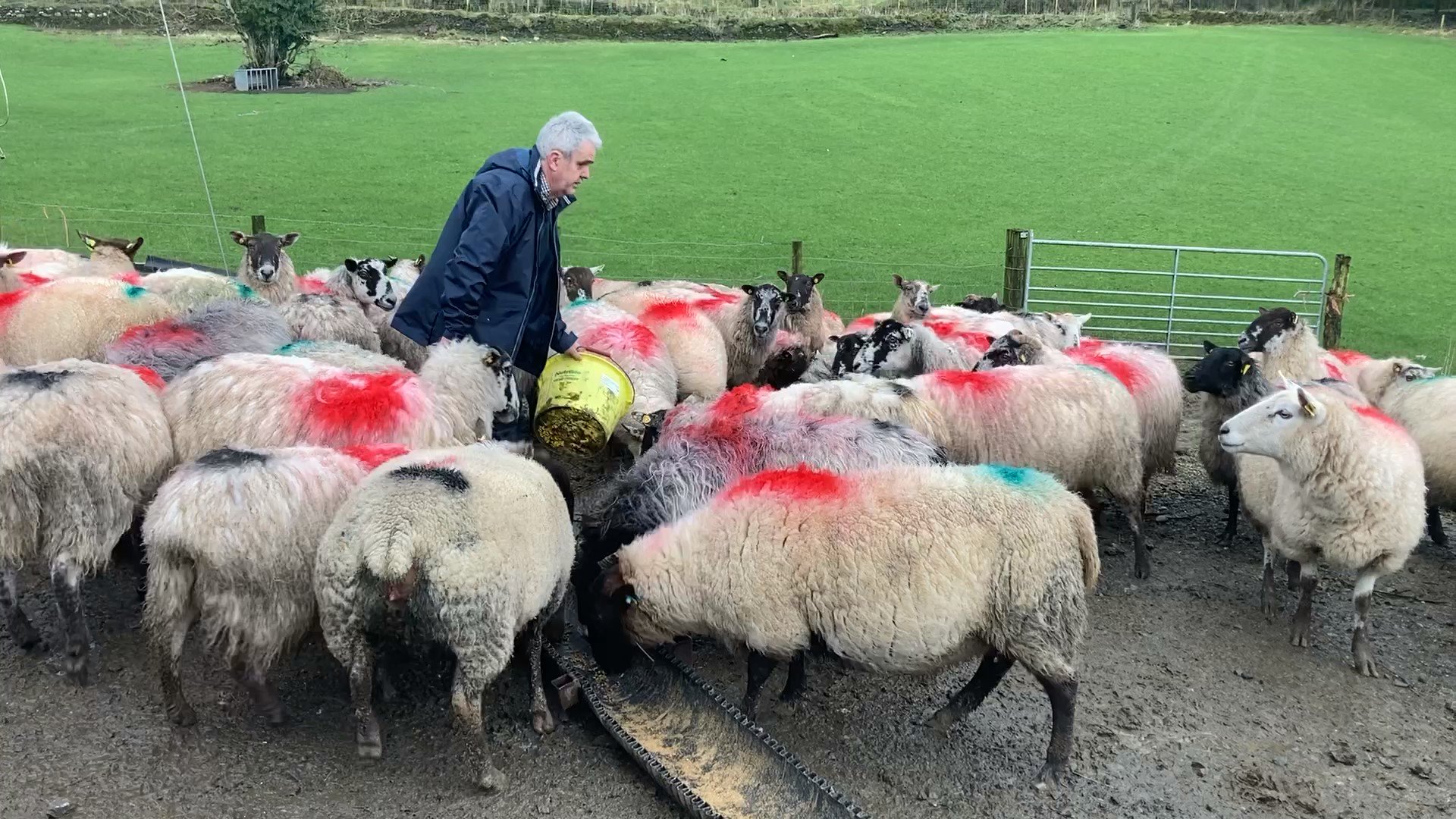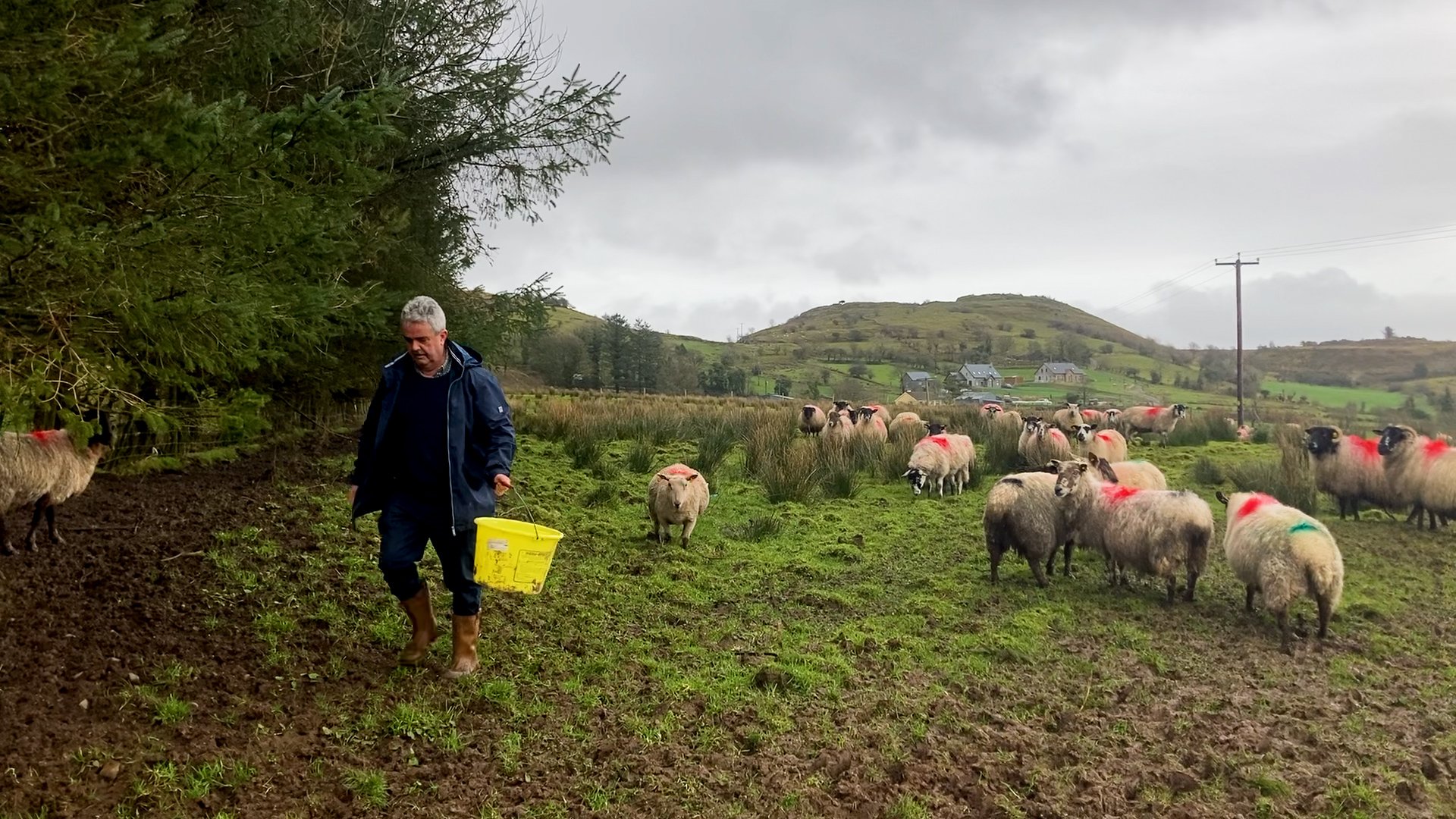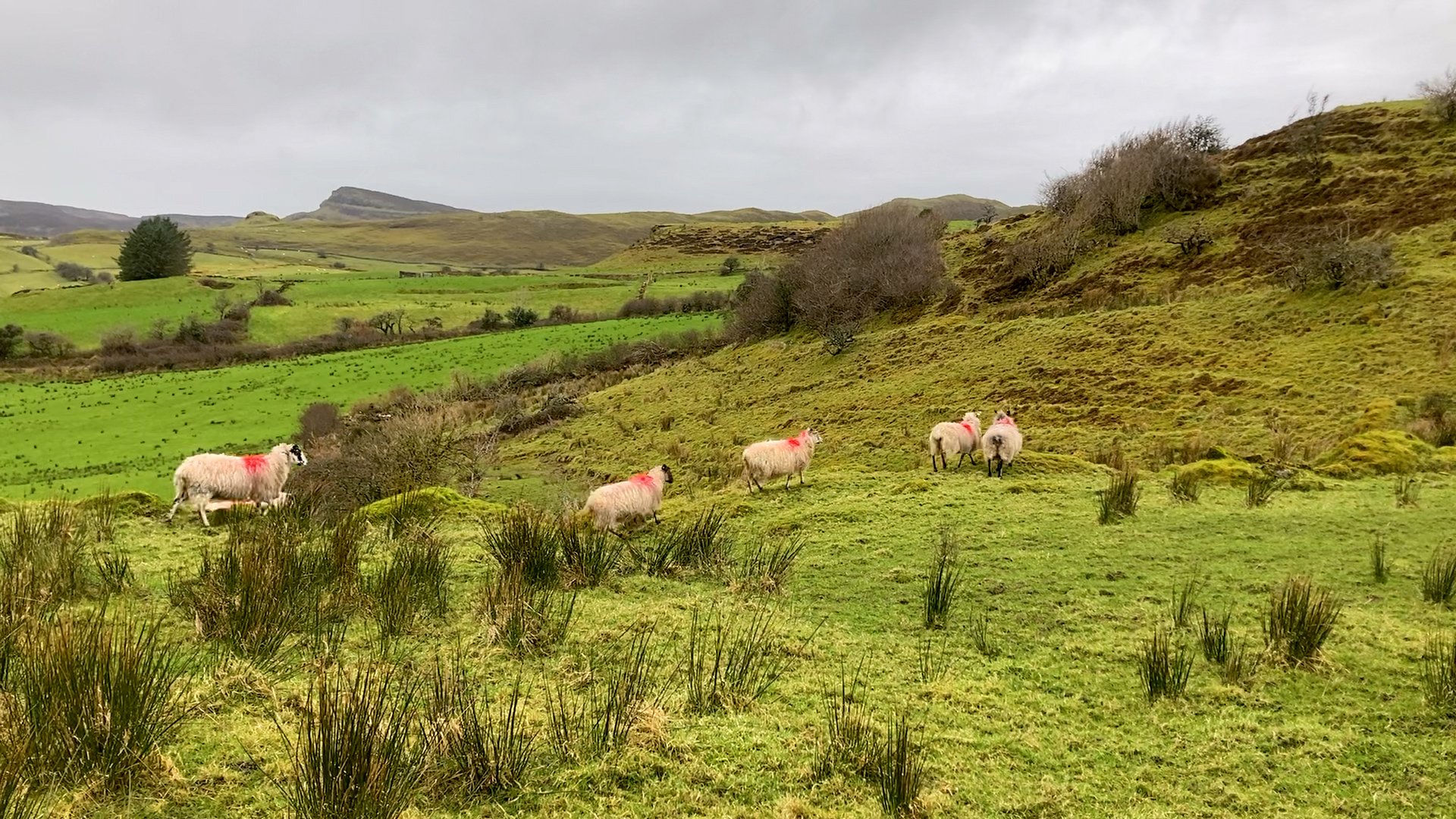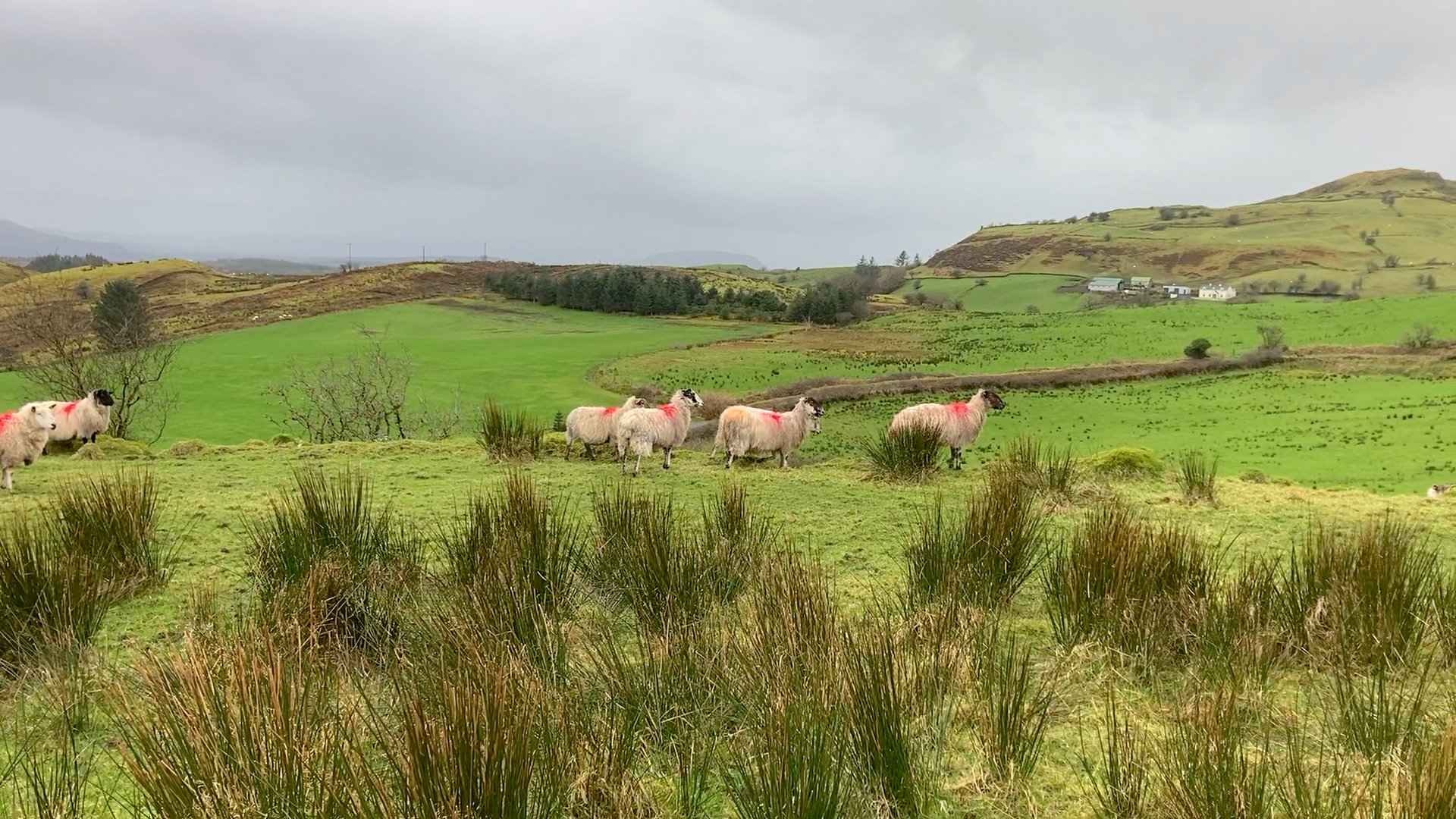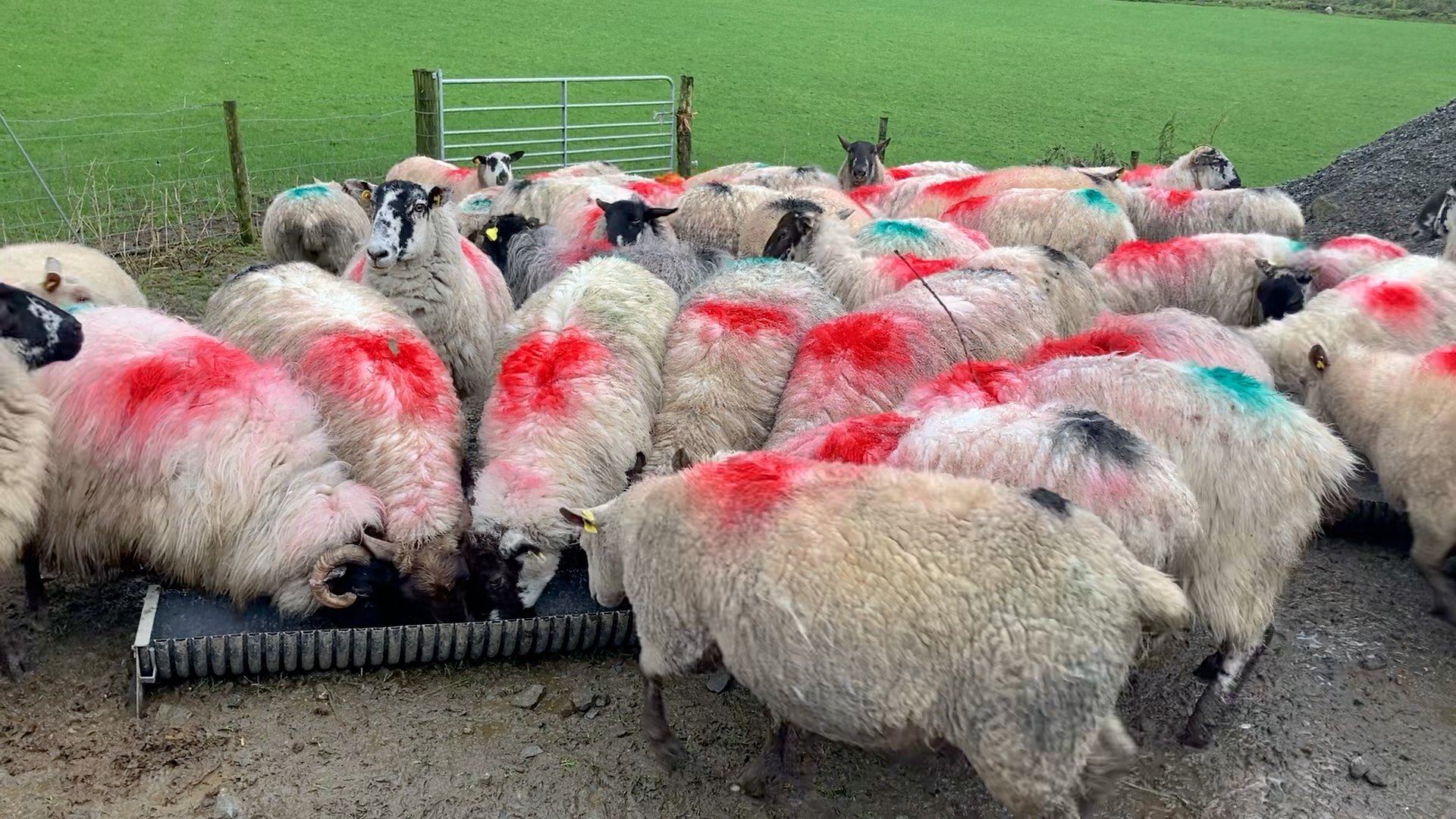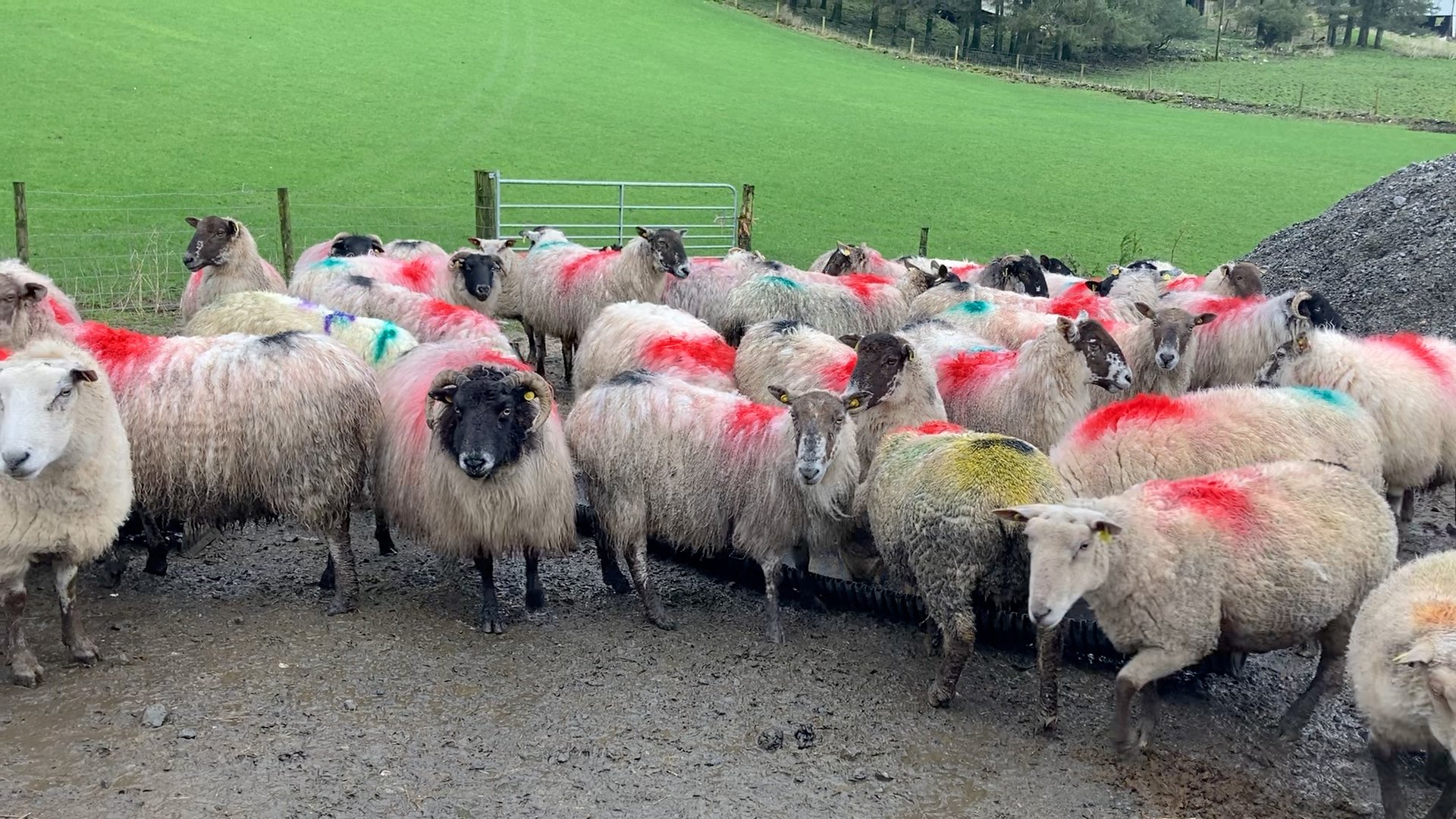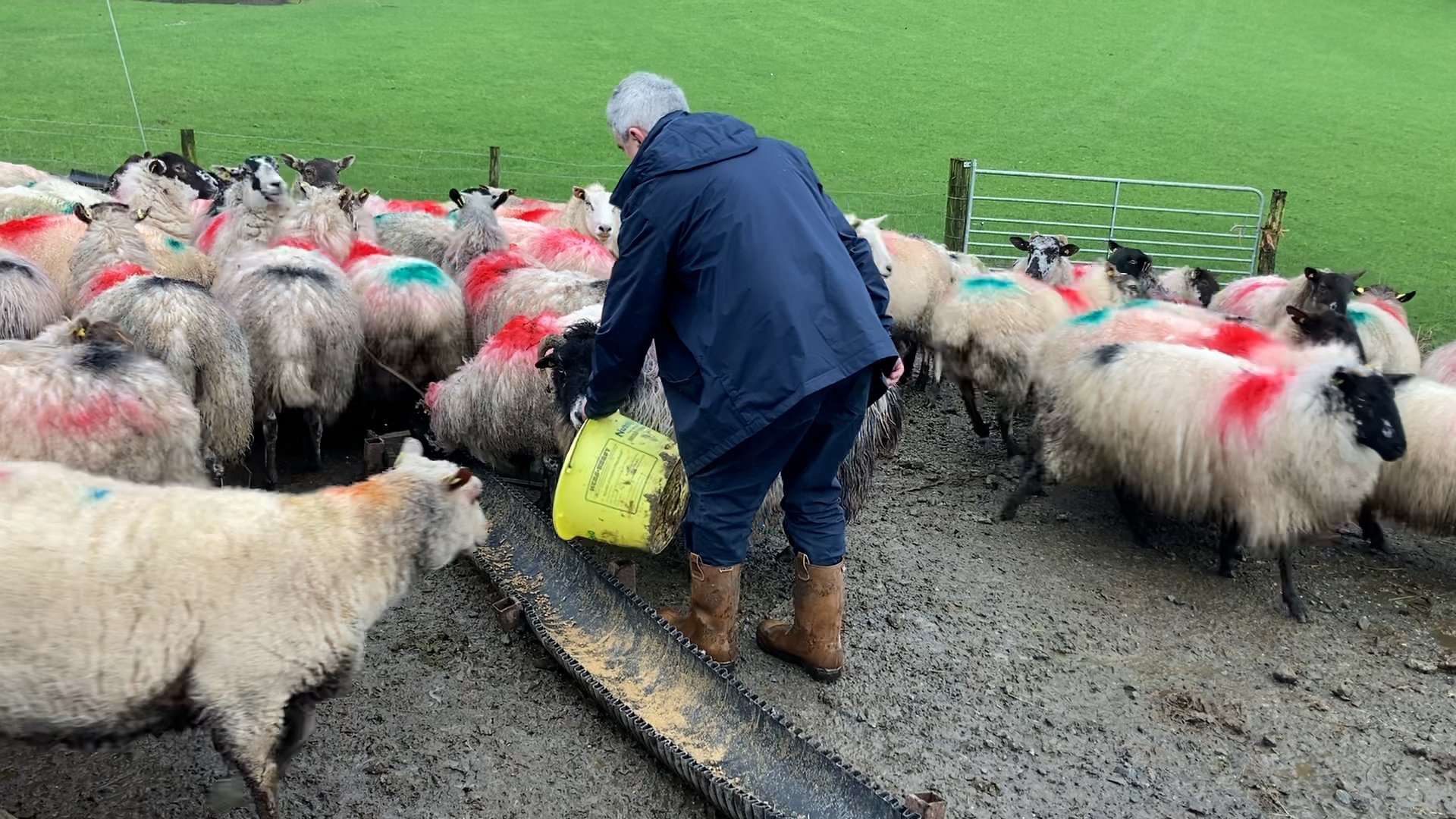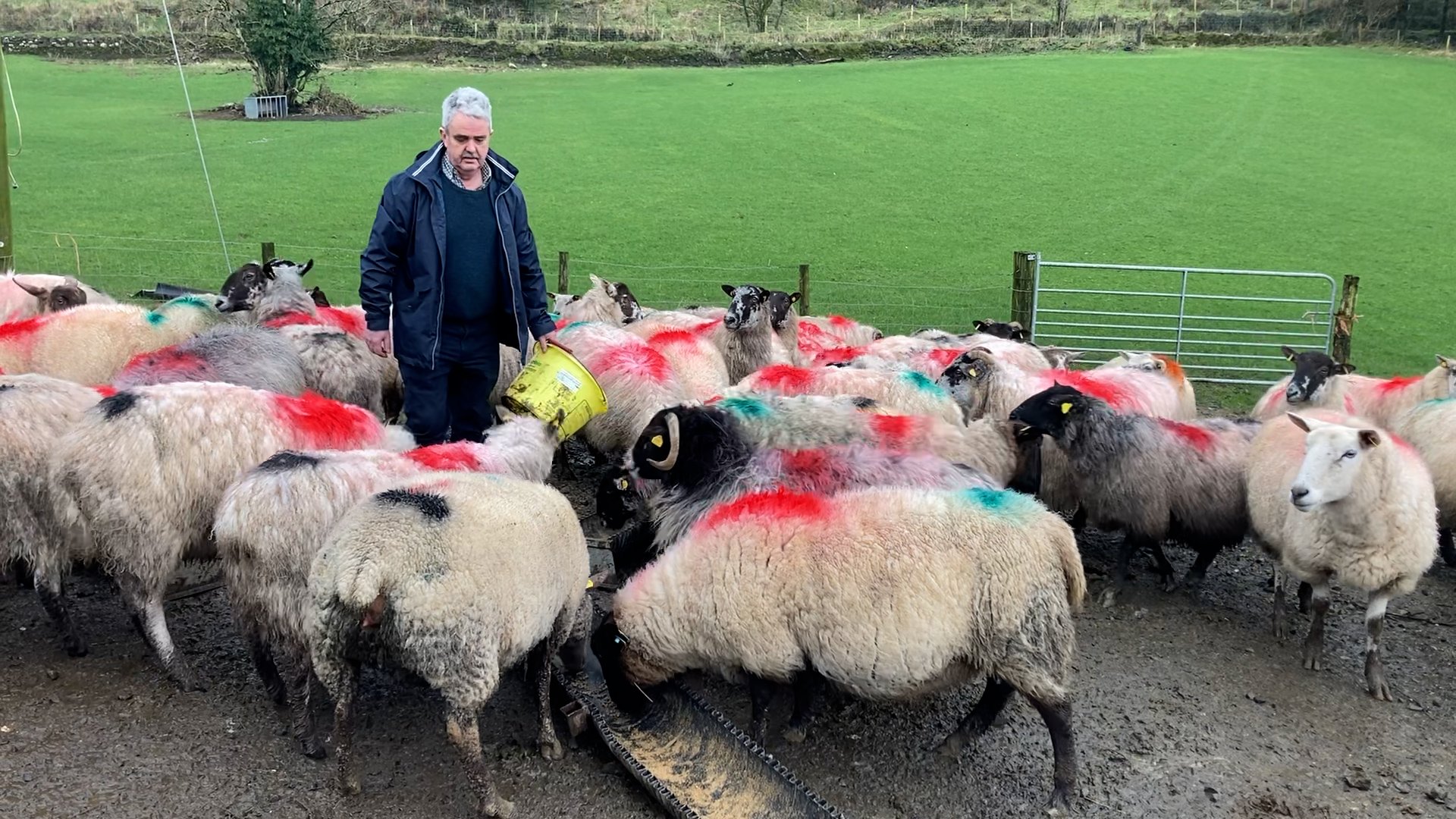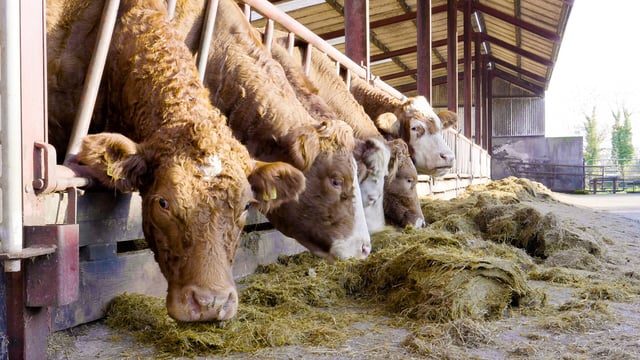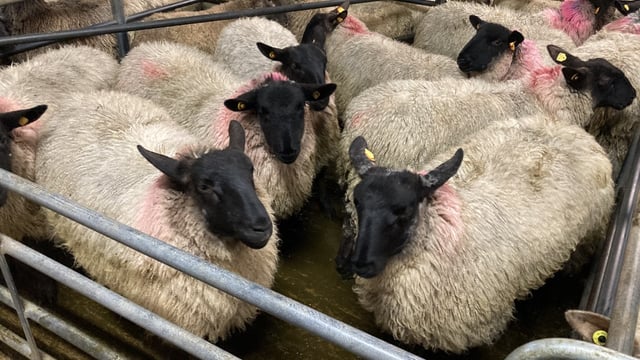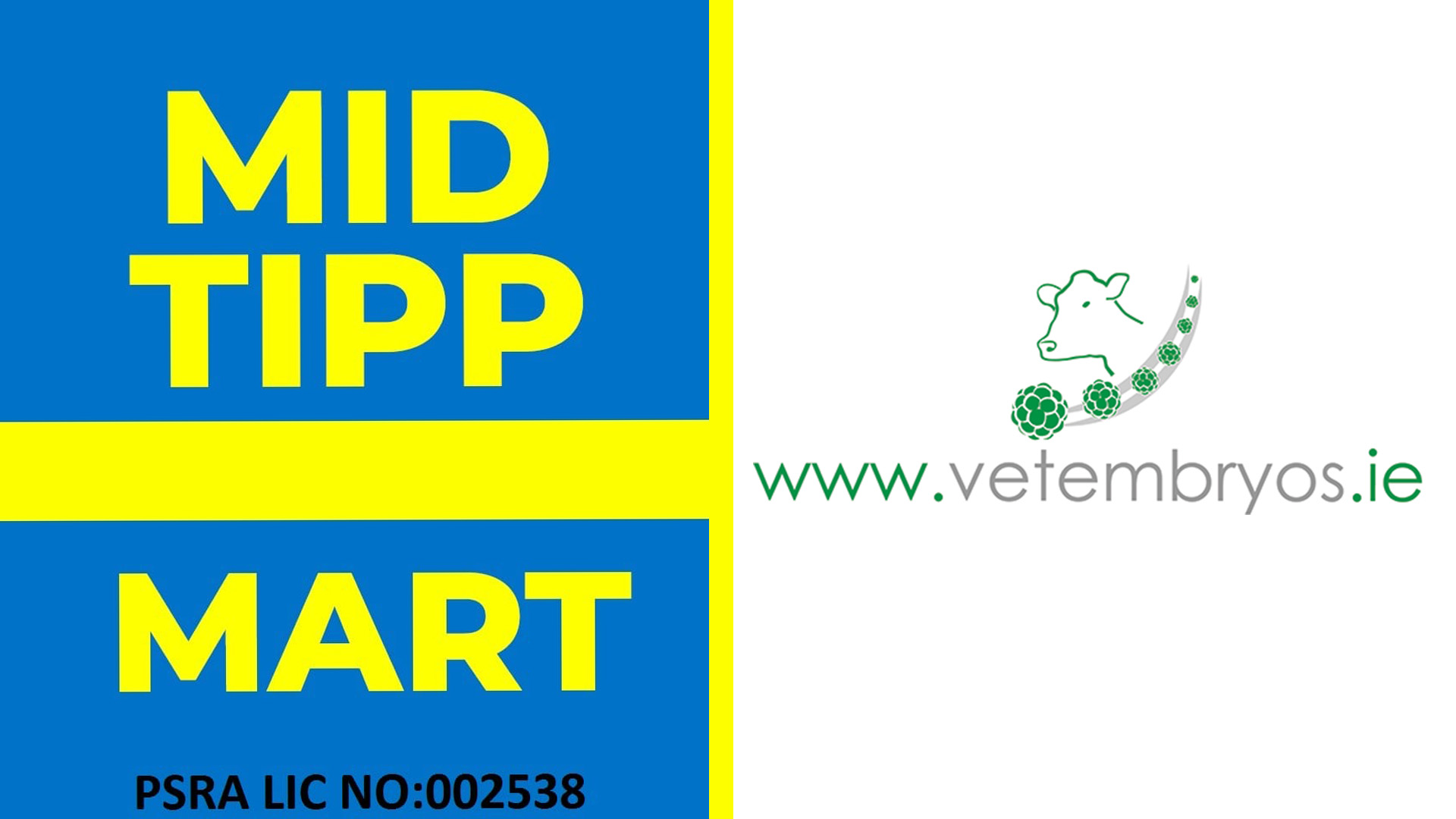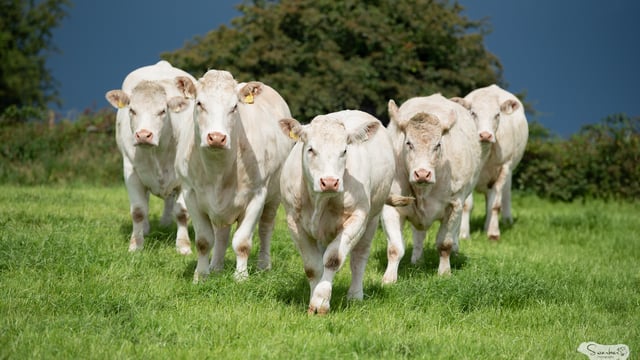New IFA sheep chair looking to make his mark on key issues
During the week, Agriland made the trip to Doonkelly in Co. Leitrim to talk to the newly elected sheep chairman of the Irish Farmers’ Association (IFA), Kevin Comiskey.
The Leitrim native held the position of vice-chairman of the committee prior to his appointment to the top position last month.
Comiskey farms alongside his son Jason, where they operate both suckler and sheep systems, with up to 20 suckler cows and 120 ewes on the farm.
The purpose of Agriland’s visit however, was to find out what Kevin's plans are for the months ahead and what the key issues he plans to fight for, in the corner of sheep farmers, are.
Some of the key issues Kevin spoke about during our visit to his north county Leitrim farm were: Dog attacks on sheep, wool prices, the Common Agricultural Policy (CAP), the importation of sheepmeat and sheep prices.
Speaking to Agriland, Kevin said: "Sheep farming is a very vulnerable sector. Here in Leitrim farmers face challenges that other counties don't, but as a whole I fully recognise the difficulties facing sheep farmers right across the country - as I am one myself.
"Greater supports are needed now more than ever with the higher production costs being seen on farms. Teagasc estimates increased fertiliser costs alone will add €10-12/ewe to the cost of production on some farms."
One of the first issues the new sheep chair wants to tackle is that of dog attacks on sheep.
Kevin said: "One issue at the moment facing farmers, and is a recurring problem every year, is that of dog attacks on sheep and the whole issue of dog control.
"Since becoming sheep chairman I've received numerous calls across the country from farmers in Wexford, Dublin and Mayo.
"We [the IFA] are looking to meet the Minister for Agriculture, Food and the Marine, Charlie McConalogue and the Minister for Social Protection and Rural and Community Development, Heather Humphreys to sort this issue out once and for all.
"We have set out a clear list of needs for this area, which include:
"Once again we have relaunched our 'No Dogs Allowed' campaign, as we have to take this stance.
"It's been on the agenda for many years and it's my ambition this year to get it sorted once and for all and to get sanctions and legislation put in place, because farmers cannot keep going losing sheep every year to dog attacks.
"A farmer in Wexford rang me last week who had triplet-bearing ewes in the shed and a dog went in and attacked and killed them, and he had no other option other than to take out the dog who happened not to be microchipped with no means of tracing it back to its owners. That's a horrendous situation to be in for any farmer."
Moving on to the new CAP, Kevin said the funding provided fell short of his and the IFA's expectations.
He said: "The funding provided in the next CAP and the strategic plan gone forward was not near adequate and was well off what we were looking for within the IFA.
"I am extremely disappointed with the allocation of funding. It will only provide funding for 1.7 million ewes, which is less than what is in the current sheep welfare scheme (SWS).
"Funding has been cut from €25 million to €20 million. €30/ewe must be provided for all ewes in the country in the new sheep improvement scheme (SIS) coming into effect in 2023 and this is a key IFA policy that we will be actively pursuing.
"A targeted €30/ewe payment is crucial to support the sector; encourage generational renewal; and ensure sheep farming remains a significant and positive contributor to those areas where it’s carried out."
Kevin added that the one positive was that the updated reference periods secured by the IFA for 2021 and 2022 of the existing SWS are worth an additional €5 million to farmers in the scheme over the next two years.
Speaking about the collapse of the wool sector, Kevin said: "I am looking to meet with Minister of State with responsibility for land use and biodiversity, Pippa Hackett, about the collapse of the wool trade.
"The review of alternative markets/outlets for wool is currently taking place and critically for sheep farmers, this process must guarantee a return to farmers to recognise the quality and value of the product and the enormous labour and costs associated with what is a vital animal health and welfare measure on all sheep farms.
"Wool is categorised as a waste product but has multiple uses with extremely high environmental credentials, which must be reflected in returns to farmers."
Kevin acknowledged that last year was a good year for sheep prices but that they came from a very bad place to begin with.
He said: "I certainly acknowledge that last year was a good year price-wise for the sheep sector, and Covid-19 probably aided that - in that people were at home and more home-cooking was done for example due to the lockdowns - [and] that helped prices here domestically.
"Furthermore, the significantly reduced volumes of imported lamb from New Zealand in particular and the disruption to UK supplies entering our key EU market has provided a very strong base for Irish sheepmeat.
"This clearly highlights the impact trade deals have on Irish farmers and the importance of protecting the EU market for EU farmers. Any additional quota allocations for sheepmeat imports in existing or new trade deals with the EU must be fought.
"Moreover, I'd be optimistic regarding the price of lamb in the short-term anyway, but it's important to remember that it came from a very bad place and it's only to the level to where it should be.
"I'd be hopeful that prices will increase going into the future again."
On the issue of the importation of lamb, Kevin said it's definitely an area he wants to dig deeper into and see more transparency around.
He said: "I personally witnessed and recorded the importation of an Irish meat processor just over 12 months of ago.
"We have demanded from Minister McConalogue a full appraisal of the checks and balances carried out by the Department of Agriculture [Food and the Marine], the FSAI [Food Safety Authority of Ireland] and Bord Bia to protect the integrity of our product and labels.
The export of breeding sheep to Northern Ireland is also high on Kevin’s agenda as well as increasing the bonus for QA lamb to 30c/kg and the provision of electronic funds transfer (EFT) as a payment option to sheep farmers from factories and marts.
Kevin said this is an area the IFA have met Meat Industry Ireland on and have raised directly with the sheep processing factories.

